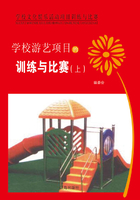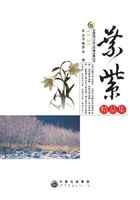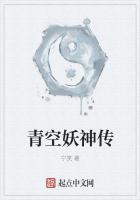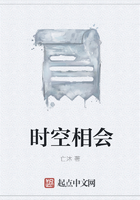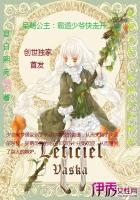If George Washington were able to travel back and forth in time, he would feel much more at home in ancient Babylon, 3,700 years before his time, than in our modern age, 200 years after he lived.
Torches, chariots, and rough① streets, like those of Babylon in 2060 B. C.,would not surprise him. He read by candlelight and rode in carriages on unpaved roads. He never saw a building more than four stories high. Electric lights, autos, high-ways, and skyscrapers② would amaze him.
When Washington was ill, he might have expected to be cut and bled to let outthe"bad blood"that was making him sick. He would not know what a modern doctor meant by serums③, germs④, and allergies⑤.
If the Father of His Country could visit the United States now, he might think that he had landed on another planet!
① roughadj. 粗糙的;表面不平的
② skyscrapern. 摩天楼,超高层大楼
③ serumn. [生化]浆液;血清
④ germn. 微生物;细菌;病菌
⑤ allergyn. 过敏症
假如乔治·华盛顿能参观今日的美国
假如华盛顿能在历史的长河中来回遨游的话,他会觉得,待在他的时代之前3,700年的古巴比伦,要比生活在他身后200年的现代自在得多。
像公元前2060年的巴比伦所拥有的那些火炬、战车和凸凹不平的街道,不会使他感到惊讶。他借烛光读书,乘马车在未铺砌的路上旅行。他从未见过高于4层的楼房。电灯、汽车、公路和摩天大楼都会使他惊奇不已。
如果华盛顿生病了,他也许会盼望切开身体放血,让致病的"坏血"流出来。他会对现代医生讲的什么血清、微生物和过敏症感到不知所云。
如果这位国父能参观今日的美国,他也许会以为自己已来到另一个星球。


